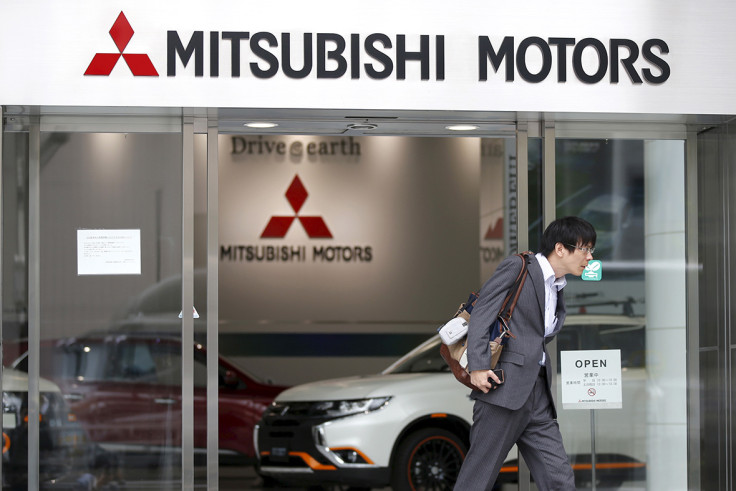Mitsubishi admits to using non-compliant fuel data for over 25 years

Automotive giant Mitsubishi Motors has admitted to using fuel economy testing methods that were non-compliant with Japanese laws for the last quarter of a century, adding it will set up an independent committee to further investigate the matter.
The group, Japan's sixth biggest car producer, last week revealed it had overstated the fuel economy of as many as 600,000 of its own vehicles. Following the revelation on 20 April, the Tokyo-based auto manufacturer lost half of its market value, with approximately $3.9bn (£€3.4bn) being wiped off its share value.
Mitsubishi admitted that, since 1991, the data it submitted to the Japanese transport authorities was fabricated, having previously claimed that their submissions stretched back to as far as 2002. The group added it had been compiling data for fuel tests using the same standards in place in the US, where cars tend to travel at a higher average pace than they do in Japan, where lower speed in cities with high-density traffic is the norm.
Cars that travel faster, as it is the case on US motorways, tend to consume less fuel than vehicles stuck in urban traffic.
However, despite the claims of compliance with US standards, Mitsubishi's revelations are expected to draw the attention of the US regulator, while one of the group's research and development facilities has already been raided by Japanese authorities.
Mitsubishi said the external committee it has set up to investigate on the issue will report its findings within three months, while Japan's Transport Ministry has launched a separate probe to examine how other car producers submit fuel data.
The current scandal, which has sparked fears of hefty compensation costs and fines among the company's shareholders, is not the first time Mitsubishi finds itself mired in controversy. Over 15 years ago, the car manufacturer admitted it had systematically covered up customer complaints for over two decades, but survived after being bailed out by other Mitsubishi Group companies.
© Copyright IBTimes 2025. All rights reserved.






















